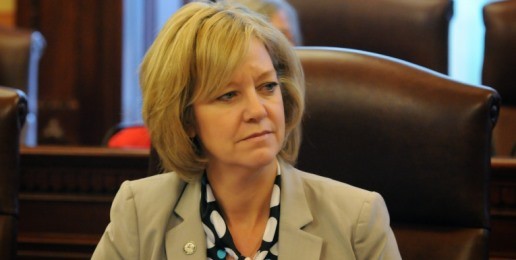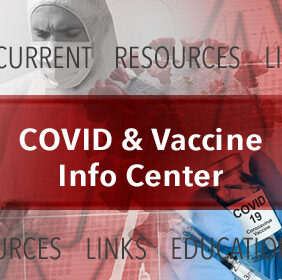
Written by Jeanne Ives
Last week the Chicago Tribune published an opinion piece by Rebecca Cohen, whose third child was diagnosed with a condition at a 20-week ultrasound that would result in death within hours of birth. In an eloquent essay, Cohen argued that aborting the baby was the best option, which is why she opposes a ban on abortion after 20 weeks of gestation. I disagree.
My husband and I faced a similar situation with our fifth son, Mark Anthony Ives. At the 20-week ultrasound, we found out that our son had a diaphragmatic hernia. Essentially, the diaphragm splits the abdomen in half with vital organs like the liver, kidneys and stomach below, and the heart and lungs above. If the diaphragm is incomplete, the organs below invade the space where lungs should develop. Few, if any, babies survive this deformity, especially if caused by a genetic abnormality.
First, we asked if there were a surgical remedy to correct the deformity. Surgeons on both coasts had done some experimental in utero surgeries but with little success, and no surgeon would take patients whose abnormality resulted from a genetic cause. Unfortunately, we soon learned that Mark’s abnormality was genetically based and therefore a certain death sentence at birth.
At that point, our high-risk pregnancy doctor strongly suggested we abort the baby. In our conversation, the doctor spoke as if that were the obvious, most reasonable option. The thought of aborting Mark entered my mind for a few brief moments. How convenient, no one needs to think about this anymore, no increased medical expenses, no carrying the baby for 20 more weeks, no painful choice on how to respond to cheerful comments about my impending birth. The problem would just go away, and I could get back to caring for our other four boys.
But those moments passed quickly. I knew the decision to end Mark’s life was neither mine nor my husband’s to make. And thankfully my pro-life doctor knew this too. Dr. Michael Hussey took me aside and said we are going to see this baby through to his natural end.
The next four months I cried every day with a kind of grief I had never experienced. Our baby boy was alive inside me, kicking and rolling, and on the day we would welcome Mark to the world, he would die in my arms. I was not only grief-stricken, I was also scared. I was terrified to face the death of my own child.
But I never blamed God, and I never asked why Mark or why me. I understood more acutely than ever before the inescapable truth that suffering is part of this life, and it does not discriminate. What matters most in those dark and often lonely moments of fear and grief is how we respond to what sometimes feels like an unendurable burden.
Three weeks before I delivered, my son’s second-grade teacher, a wise and compassionate nun who knew that we were walking “through the valley of the shadow of death,” asked when I would have the baby. When I told her, she replied, “Good, then the healing can begin.” She was right.
Mark was born on April 28, 2002. He died 45 minutes after birth. After his birth, my doctor baptized him and nurses lovingly took baby pictures, dressed him, gave him a teddy bear, took footprints, and treated him with the dignity he deserved as a human being created in the image and likeness of God. He was just over 3 pounds and had a nose like my father’s. The healing did begin for our family, but I don’t believe it would have been complete had we chosen to take his life prematurely.
Our decision is not unique. Every day, mothers and fathers receive equally tragic diagnoses and make the same decision. A just, merciful and compassionate society does not kill those who are imperfect or those whose medical condition is inimical to life. Not even the laudable goal of ending suffering grants to one person the right to kill another.
A just, merciful and compassionate society cares for those who suffer, including pre-born babies with serious and even fatal conditions and family members who lose their beloved babies on the day they first meet. And caring for very sick babies like our son Mark does not entail killing them.
Jeanne Ives is a Republican state representative from Wheaton.
This article was originally posted in the Chicago Tribune.



















